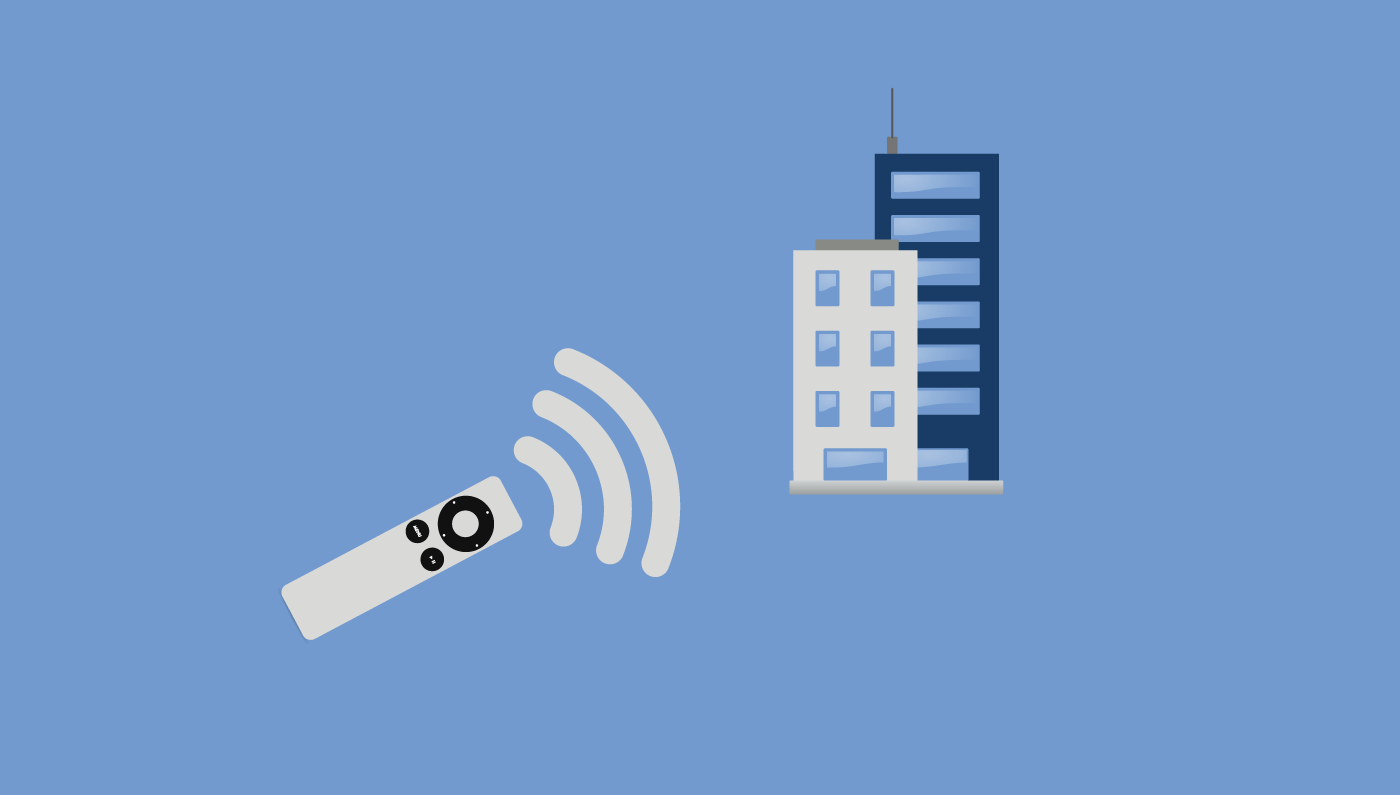 Despite the fact that almost every business relies, at least in part, on the global supply chain and 24/7 access to their partners, some businesses are still hesitant to work remotely with marketing agencies.
Despite the fact that almost every business relies, at least in part, on the global supply chain and 24/7 access to their partners, some businesses are still hesitant to work remotely with marketing agencies.
The reasons for the misgivings vary. Some businesses point to “time-zone concerns” while others mention “comfort level.” Regardless of the specific language that businesses use to explain their aversion to working remotely with agencies, the central reason is usually the same: the businesses value face-to-face collaboration. Why does this value trump all others? It’s often because these businesses feel that closer proximity to an ad agency provides them with greater control over the process. They worry that if they work remotely with an agency, it’ll be more difficult to keep timelines on track, to properly track where their marketing dollars are going, to hold the agency accountable, etc.
These worries are not unfounded as there are plenty of fly-by-night startups and marketing hucksters who sell themselves much better than they solve client problems. So, understandably, some businesses are more comfortable with a local agency that’s good than an agency two timezones away that’s great. It’s reassuring for businesses to know that if a project goes sideways, they can drive to the local agency and quickly get things back on track; the only option with a remote agency is to leave a string of emails and voicemails that are hopefully returned in a timely manner. In other words, better the devil you don’t know that’s within city limits than the devil you don’t that’s halfway around the world.
If you’re considering working remotely with an agency because the agency seems like the perfect partner for your business, what are some things to look for that can assuage your fears that the agency is going to run off with your money or run things into the ground?
Does the agency empathize?
As previously mentioned, your concerns about working remotely are justified, so the agency should be understanding. If the agency is immediately defensive or dismissive, it shows an inability to listen to or understand your perspective, which is not what you want from a business rooted in the art of communication.
Will the agency do face-to-face 2.0?
If face-to-face communication is important to you, there’s no reason to sacrifice it. Any agency should be able to jump on a platform of your choosing (Skype, Facetime, Google Hangout, etc.) if that’s what you need. Agencies that have experience working remotely will eagerly oblige your request because communicating with clients on those platforms is not at all uncommon for them. Agencies that are hesitant should be avoided.
Does the agency have a remote process?
Request a process deck from that clearly illustrates how the agency works with clients remotely. Agencies that work remotely a lot will have this on hand and will get you the info promptly; if an agency says they’ll get you something in a few days, that’s a red flag.
Does the agency have references?
If the agency hasn’t already shown you some client testimonials, request a few; the agency should have them on hand. Again, it’s a red flag if the agency says they’ll get you something in a few days because that’s far too long.
If an agency can do all of the above quickly, it shows two important things: they’re experienced, and they’re efficient. And that’s what you want to see from a remote agency you’re considering.

